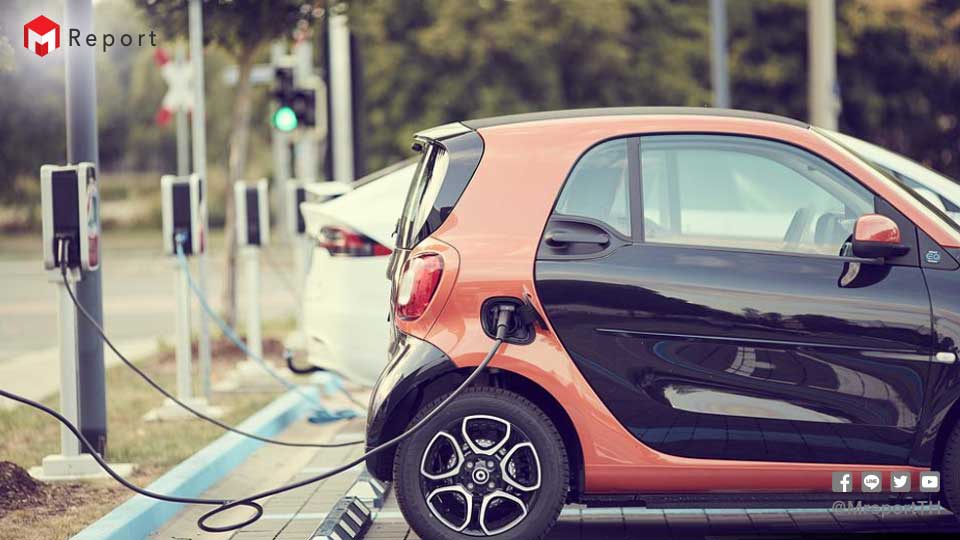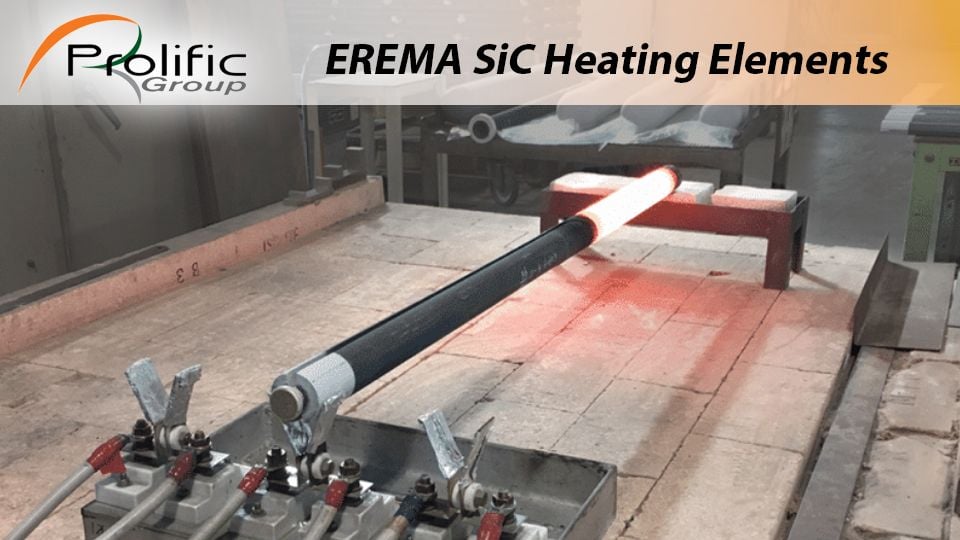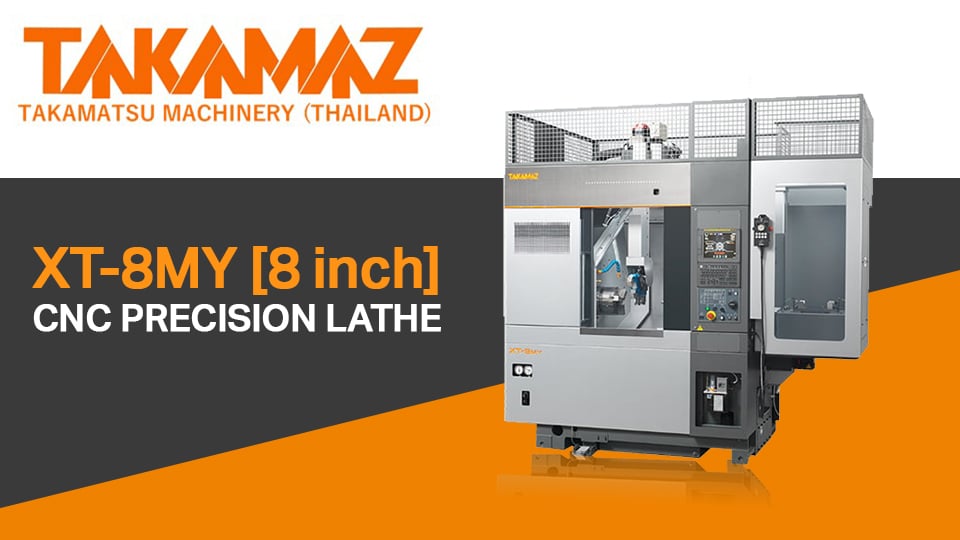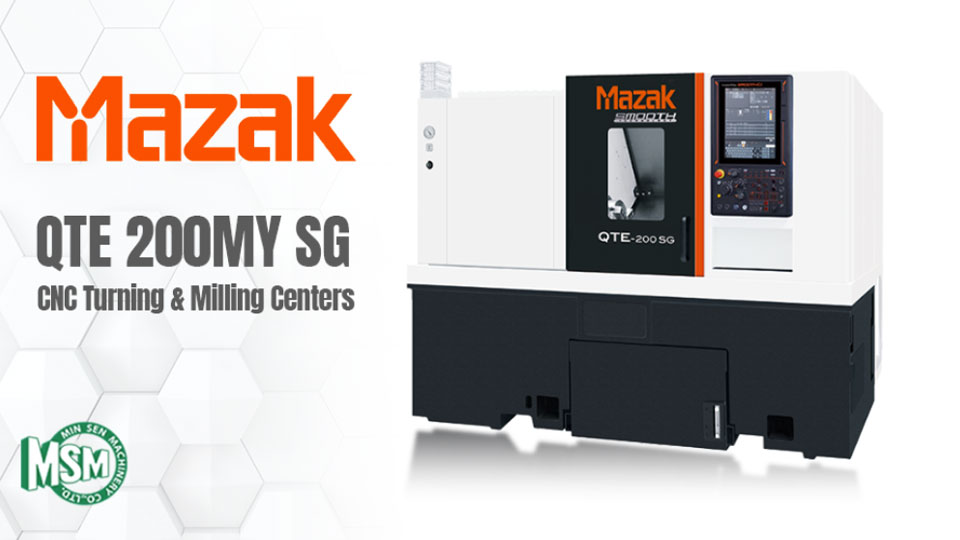
EV Board Approves 24 Billion Baht Subsidy to the EV Battery-producing
The EV board agreed in principle on a proposal to lower the excise tax on EV batteries from the current 8% to just 1% while offering a 24 billion baht subsidy to the EV battery-producing industry.
February 2, 2023, Energy Minister Supattanapong Punmeechaow as the chairman of the national committee on electronic vehicle policy, also known as the EV board, attended the 1/2023 EV Board meeting with the important agenda is considered a measure to support battery manufacturing to accelerate EV production and related supply chain in Thailand
Energy Minister Supattanapong Punmeechaow said that Thailand is currently attracting the world's largest battery manufacturers to invest in building EV battery factories because of many positive factors such as 1) The government has set a clear target for electric vehicle production according to the 30@30 policy or 30% production in the year 2030 and has issued measures to promote demand-supply continually.
2) The electric vehicle market in the country has grown exponentially due to the financing measures to spur the initial uptake of electric vehicles that the EV Board approved last year. 3) Major battery manufacturers have invested in the production of EVs in Thailand
The EV Board set a target to produce 18.4 million electric vehicles in 2035. In this meeting, the EV Board has agreed in principle on a proposal to lower the excise tax on EV batteries from the current 8% to just 1% while offering a 24 billion baht subsidy to the EV battery-producing industry.
Battery factories less than 8 GWh will receive a subsidy between 400-600 baht/kWh, for battery factories above 8 GWh will receive a subsidy between 600-800 baht/kWh. The subsidy will be on a first-come first-served basis. Government subsidies to battery manufacturers will help reduce the production cost of electric cars. As a result, electric cars sold in the market are cheaper as well.






